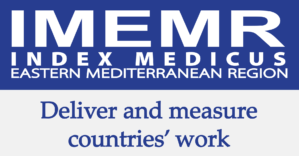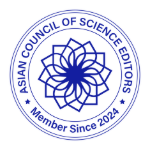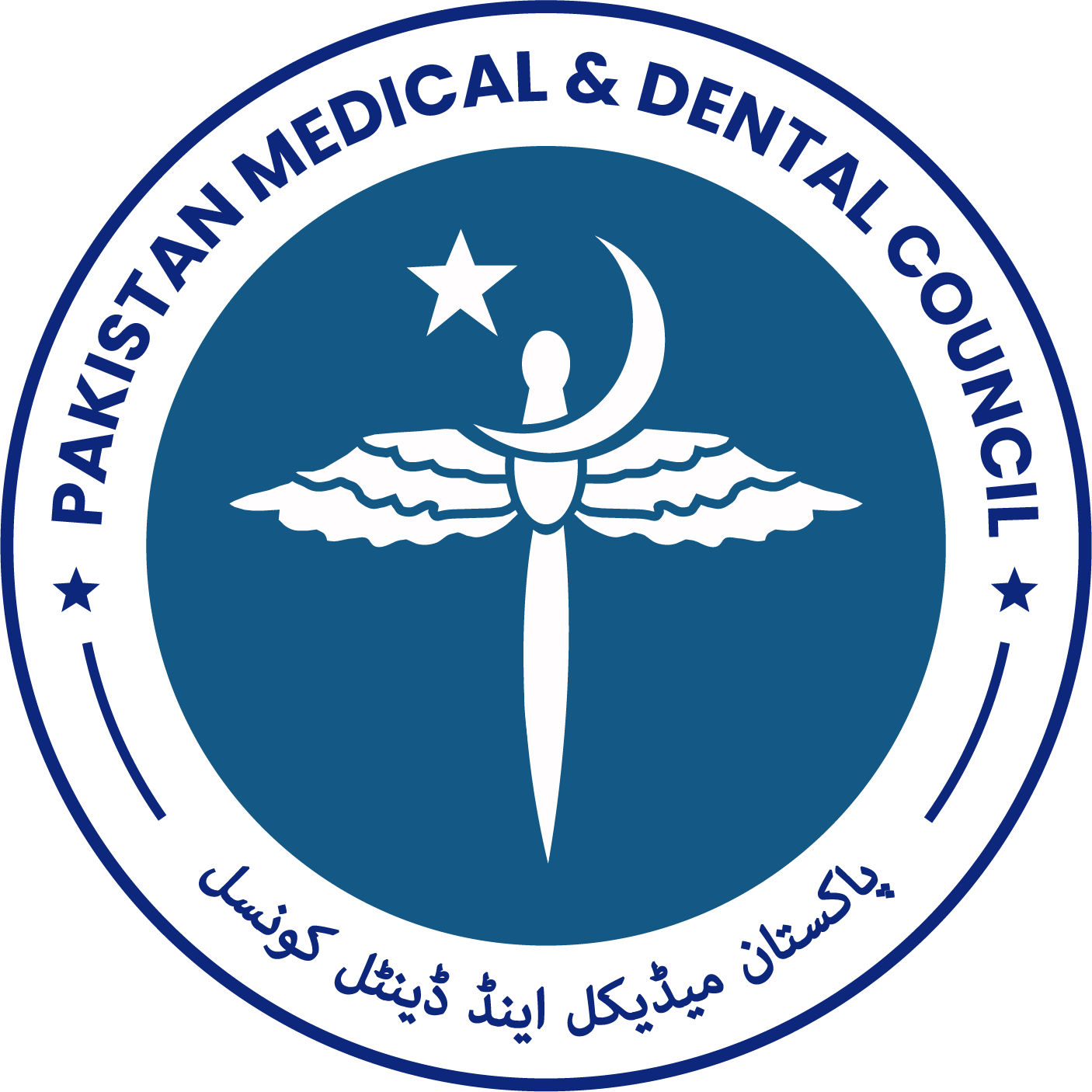Research and Publication Ethics Policy
JSHMDC promotes research integrity and adherence to the core values of research and follows the core practices of COPE
- JSHMDC publishes responsible and ethical research. The journal expects its contributors to adhere to international and national guidelines for the safety and protection of the research participants. All research involving human subjects, human material, or human data must be in accordance with the Declaration of Helsinki (https://www.who.int/bulletin/archives/79(4)373.pdf) and ICMJE Recommendations on Protection of Research Participants, and Council for International Organizations of Medical Sciences (CIOMS) guidelines (https://cioms.ch/).
- All research work involving human subjects, human material, human data, or animals submitted for publication must be approved by an appropriate Institutional Review Board (IRB).
- It is mandatory to submit an IRB approval letter with all articles as per ethical standards set by ICMJE.
- A statement detailing the name of the IRB and the reference number, where appropriate, must appear in all manuscripts reporting such research.
- All experimental and interventional studies must be accompanied by an approval letter from IRB.
- All Randomized Trials must be according to CONSORT guidelines.
- All Clinical Trials must be registered at clincaltrials.gov
- Review articles must contain information regarding databases for literature search and the period for selection of articles.
- Systematic reviews should be according to PRISMA guidelines.
- Observational studies should be according to STROBE guidelines.
- Qualitative research should be according to SRQR guidelines
- If a study has been granted an exemption from ethics review, this should also be detailed in the manuscript, and an exemption letter signed by the IRB Chair must be submitted with the manuscript. The Editor may contact the IRB for further information on exceptional cases.
- The Editor reserves the right to reject a manuscript if the editor considers that the research has not been carried out within an appropriate ethical framework.
- Retrospective ethics approval from IRB, in cases when a study has not been granted IRB approval before commencing, is usually not obtainable, and it may not be possible to consider the manuscript for peer review. The decision to proceed to peer review in such cases is at the Editor's discretion.
- If the author wishes to publish a paper from his/her FCPS dissertation, besides synopsis approval from RTMC/CPSP, IRB approval is also mandatory.
- If tables, illustrations or photographs that have already been published are included, a letter of permission for re-publication should be obtained from the author(s) of that research article and the editor of the journal where it was previously published.
- Patient information, including names, initials, or hospital numbers, should not be published in written descriptions, photographs, or pedigrees unless the information is essential for scientific purposes and the patient (or parent or guardian) gives written informed consent for publication.
- Written consent to reproduce photographs and investigation reports (images of reports or other radiological images like X-Ray, MRI scans etc.) of patients should be sent with the manuscript.
- Authors must declare the time and place of the study.
- In the case of Retrospective Studies, Informed consent is not required. However, they must submit an IRB approval letter with the manuscript.
- JSHMDC also publishes research conducted on animals. Authors should follow the national and international guidelines for the care and use of laboratory animals in research. Authors can take guidance on animal research ethics from WMA statement on animal use in biomedical research , and the International Association of Veterinary Editors’ Consensus Author Guidelines on Animal Ethics and Welfare.
- An "author" is generally considered to be someone who has made substantive intellectual contributions to a study. All persons designated as authors should qualify for authorship criteria as recommended by the International Committee of Medical Journal Editors (ICMJE).
- All articles submitted to KMUJ are screened through Turnitin software for similarity index.
- JSHMDC follows the standard definition and description of plagiarism. It follows the COPE, ICMJE, & Higher Education Commission (HEC) Pakistan policies regarding plagiarism.
- JSHMDC follows COPE guidelines. Any SCIENTIFIC MISCONDUCT before or after publication will be dealt with as per COPE guidelines. Publication misconduct is handled by asking the corresponding author for an explanation within two weeks. If the corresponding author provides an acceptable explanation, the editorial board recommends starting the review process for the submitted manuscript. In case the manuscript has been published and a journal editor receives a critique to an article previously published in the journal. If the corresponding author provides an acceptable explanation, the article will be revised, and a corrected copy will be uploaded on the website. If there is no response in two weeks' time or if there is an unsatisfactory explanation, the editorial board will decide the fate of the article and authors, including:
o REJECTION of the manuscript
o RETRACTION of already published article
A RETRACTION notice will also be on the journal’s website. The authors will be blacklisted from further publication in the JSHMDC for two years or permanently, depending upon the nature of the misconduct. The institutional head, HEC, PMC, and other editorial associations may also be informed of this misconduct. - The authors will retain the copyrights of their submitted manuscripts for all purposes. The readers may “Share and reorganize the material in any medium or format” and “transform and build upon the material”. The readers must give appropriate credit to the source of the material and indicate if changes were made to the material. Readers may not use the material for commercial purposes. The readers may not apply legal terms or technological measures that legally restrict others from doing anything the license permits.
- If the author wishes to withdraw the manuscript during its processing, an official email needs to be sent to the editor for withdrawal. No manuscript is considered “withdrawn” without an official email sent to the editor. A manuscript cannot be withdrawn after its acceptance by the journal.
- Authors must sign a declaration of conflict of interest before publication.
Other Resources:
















